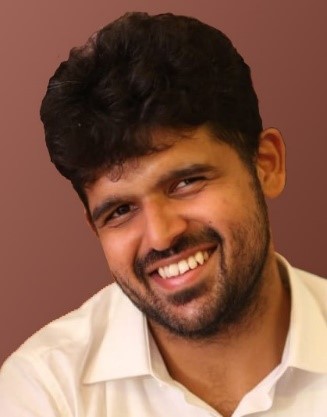Special Editors’ Introduction
The 21st century is witnessing a renaissance of civil nuclear energy, particularly in Asia. At the same time, this century is also witnessing a rise in acts of terror, using newer and more lethal tools. The attacks on the United States on September 11, 2001 and other terror incidents have forced the international community to pay more serious attention to the possibility of terror groups using weapons of mass destruction (WMDs).
- Rajiv Nayan , Ian Anthony
- March 2014








